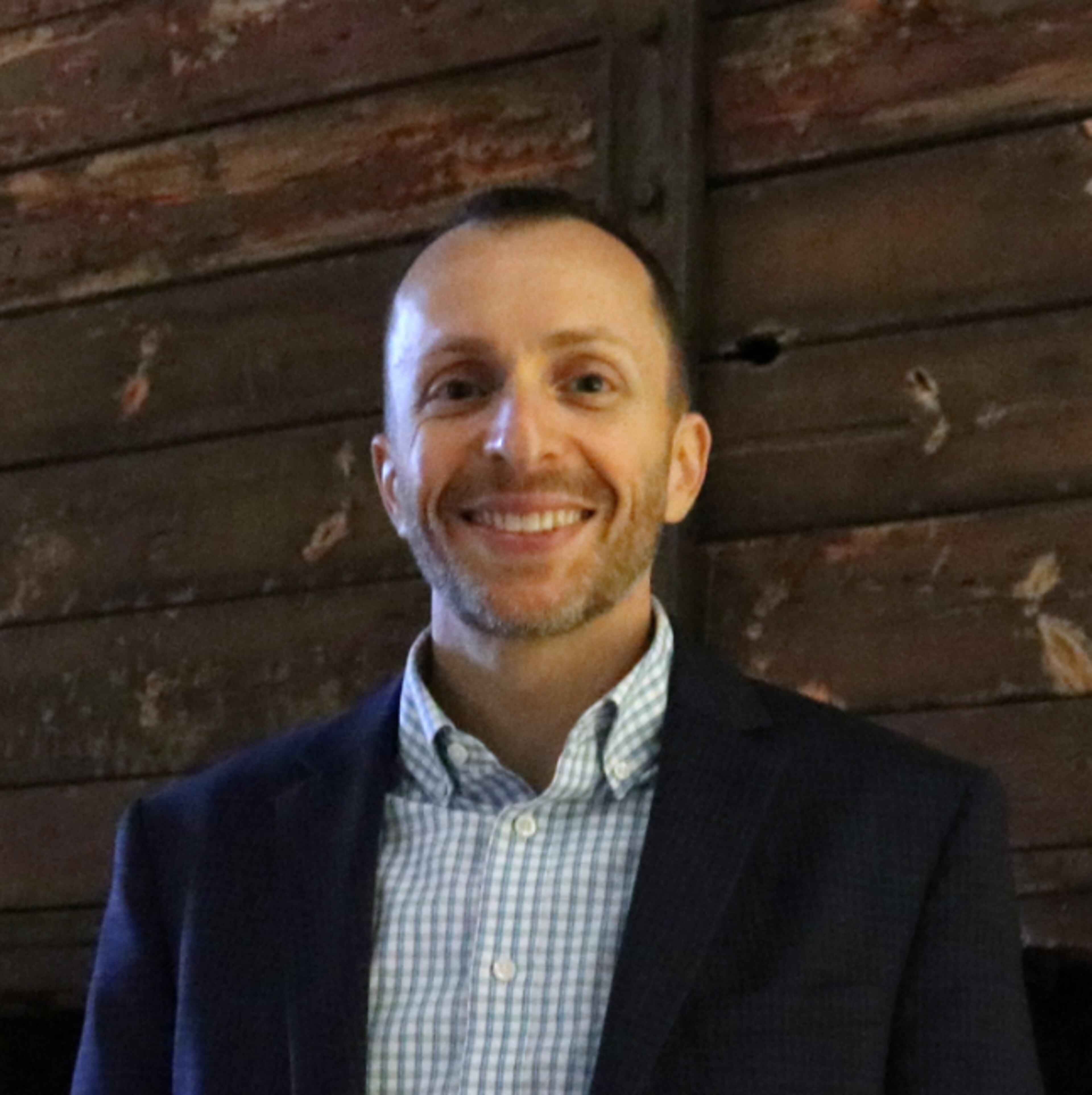The world of Oct. 8

Yesterday marked a year since Hamas terrorists raped, murdered and kidnapped their way through southern Israel.
The details of the Oct. 7 attack are not up for debate. Between Israeli and Hamas sources, it was one of the best-documented terrorist attacks of all time.

But even though the brutal facts aren’t in doubt, I’m still not sure most people understand the core motivation for the attack: antisemitism.
At the time, amid the mourning, I remember thinking that at least now, finally, people would understand what Jews already knew: A disturbing number of people around the world still harbor antisemitic prejudice, and some of them want to kill us.
A year of violence, denial, false equivalencies and hate crimes has proved me wrong.
Oct. 7 shocked us, but we were also unprepared for what happened on and since Oct. 8. The awful behavior we’ve seen from so many over the past year isn’t generically extreme, it’s specifically antisemitic.
Far from sympathizing with Israel and the Jewish community after the largest mass murder of Jews since the Holocaust, many activists, academics and celebrities rushed to deny, downplay or justify Hamas’ atrocities. They characterized the terrorist attack — rather than Israel’s response to it — as “self-defense,” said they were “exhilarated” and even blamed Israel for “all unfolding violence.”
As Israel responded in actual self-defense, the problem got worse. In a textbook example of antisemitism, people who disagreed with Israel’s actions blamed Jewish Americans. College protest encampments forcibly excluded Jews as some university leaders famously failed to denounce calls for antisemitic genocide.
Jews quickly began feeling the weight of prejudice publicly and privately. Synagogues, Holocaust memorials, and Holocaust museums have been vandalized, and Jews have been attacked in the street purely for being Jewish. Jewish authors have even seen their events (unrelated to the conflict) canceled because other writers don’t want to be seen with a “Zionist.”
This is a problem for all of America. Recent FBI data shows that antisemitic hate crimes rose a staggering 63% from 2022 to 2023, with a disproportionate part of the increase happening after Oct. 7. Jews are just 2% of the American population, but we are the targets of 16% of all hate crimes and 68% of religious-based hate crimes.
Bad as they are, however, those numbers don’t even tell the whole story; many major cities don’t report hate crimes to the FBI.
Why are you hearing this from a Holocaust museum? Because our mission demands that we use the lessons of the Holocaust to fight contemporary antisemitism. To do less would dishonor the memory of Holocaust victims and survivors, for whom antisemitism became deadly. They are the reason our museum exists, and the reason we never rest.
When we see mobs yelling for the mass extermination of Jews, we have to speak up. When the word “genocide” is inaccurately and offensively applied to Israel’s antiterrorist campaign, we have to correct the record.
Last year, on Oct. 8, a reporter asked me — in good faith — why Oct. 7 should matter to the general public. A year later, the answer should be obvious.
The Holocaust didn’t start with murder. It started with the ostracism and demonization of Jews. That path might not end in genocide, but that shouldn’t be our standard. Society should not accept even one step down that path.
It’s vital that people understand how antisemitism is a problem for all of us. As the Holocaust showed, people who hate Jews don’t usually stop there. Once they’ve demonized one minority, it’s easier to demonize the next.
In 2014, Elie Wiesel said: “I thought the memory of the Holocaust would shame those boasting antisemitic opinions. I was wrong.”
As wrong as I was when I thought the same of Oct. 7 on Oct. 8.
Thankfully, we don’t have to stay wrong forever. As a parent, teacher, student, friend — as a human being — you can choose between hate and understanding. You can inform yourself, and you can end the scapegoating, but it starts with seeing antisemitism clearly.
The next step is taking action — whether by donating, volunteering, or even just being willing to have an uncomfortable conversation. More than 6 million Jews who died in the Holocaust did not have enough allies, and we must learn from that mistake.
We’ve been living in the world of Oct. 8 for the past year. Together, let’s turn the page.
Michael Igel is the chair emeritus and interim chief executive of the Florida Holocaust Museum.
ᐧ


